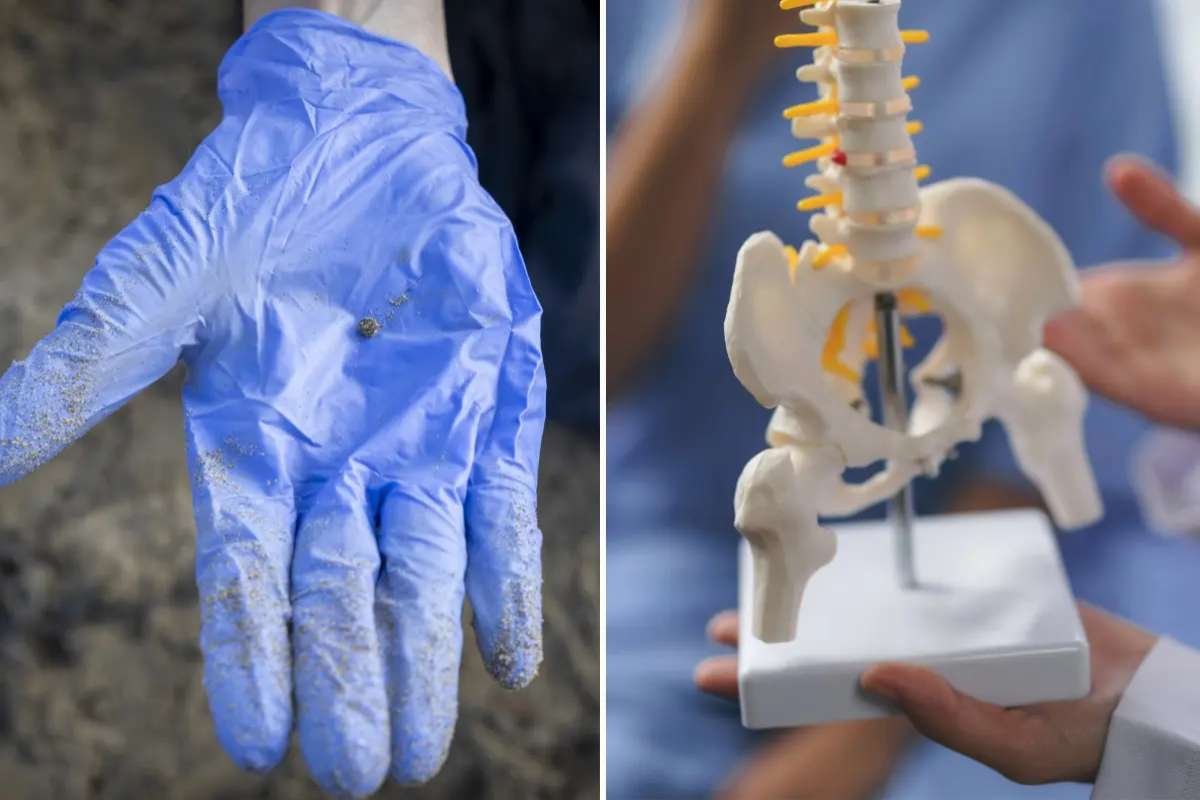Key Points:
- Aspirin reduces colon cancer and rectal cancer recurrence in PI3K mutation patients. recurrence in PI3K mutation patients.
- ALASCCA trial tested low-dose aspirin in 3,500+ patients across four countries.
- Aspirin’s low cost makes it a global option for colorectal cancer care.
A daily low dose of aspirin reduced the risk of colon and rectal cancer recurrence by more than half in certain patients, according to results from a large clinical trial led by Karolinska Institutet and Karolinska University Hospital. The study, confirming that Aspirin Reduces Colon Cancer recurrence in genetically defined patients, was published Sept. 17 in The New England Journal of Medicine.
Trial across four countries
The randomized ALASCCA trial enrolled more than 3,500 patients at 33 hospitals in Sweden, Norway, Denmark, and Finland. Researchers focused on patients whose tumors carried a mutation in the PI3K signaling pathway, a genetic alteration present in about 40 percent of colorectal cancer cases.
Participants were randomly assigned to receive either 160 milligrams of aspirin daily or a placebo for three years following surgery. Among patients with the mutation, those who took aspirin had a 55 percent lower risk of cancer recurrence compared with the placebo group proving that aspirin reduces colon cancer
“This is a clear example of how we can use genetic information to personalize treatment and at the same time save both resources and suffering,” said Anna Martling, professor at the Department of Molecular Medicine and Surgery, Karolinska Institutet, and senior consultant surgeon at Karolinska University Hospital.
Why aspirin may help
Colorectal cancer is diagnosed in nearly two million people worldwide every year. Between 20 and 40 percent of patients eventually develop metastases, which make treatment more difficult and often reduce survival rates.
Earlier observational studies suggested aspirin might reduce recurrence in patients with PI3K mutations, but findings were inconsistent and had not been tested in randomized clinical trials. The ALASCCA trial provides the first large-scale evidence confirming aspirin’s role in this patient group.
Researchers believe aspirin’s effectiveness stems from several combined actions. The drug reduces inflammation, inhibits platelet function, and slows tumor growth, confirming the finding that Aspirin Reduces Colon Cancer recurrence in patients with PI3K mutations.
“Although we do not yet fully understand all the molecular links, the findings strongly support the biological rationale and suggest that the treatment may be particularly effective in genetically defined subgroups of patients,” Martling said.
Global treatment impact
The team emphasized that aspirin’s availability and low cost are major advantages compared to newer cancer drugs. At about $0.05 per pill, the treatment could make a significant difference in global cancer care, particularly in countries with limited healthcare resources, highlighting that Aspirin Reduces Colon Cancer recurrence in a safe, affordable way worldwide.
“Aspirin is a drug that is readily available globally and extremely inexpensive compared to many modern cancer drugs, which is very positive,” Martling said.
The researchers believe the findings could shape international treatment guidelines and open new possibilities for precision medicine in oncology.
The Aspirin Reduces Colon Cancer recurrence study was funded in part by the Swedish Research Council and the Swedish Cancer Society. Researchers reported no conflicts of interest.







